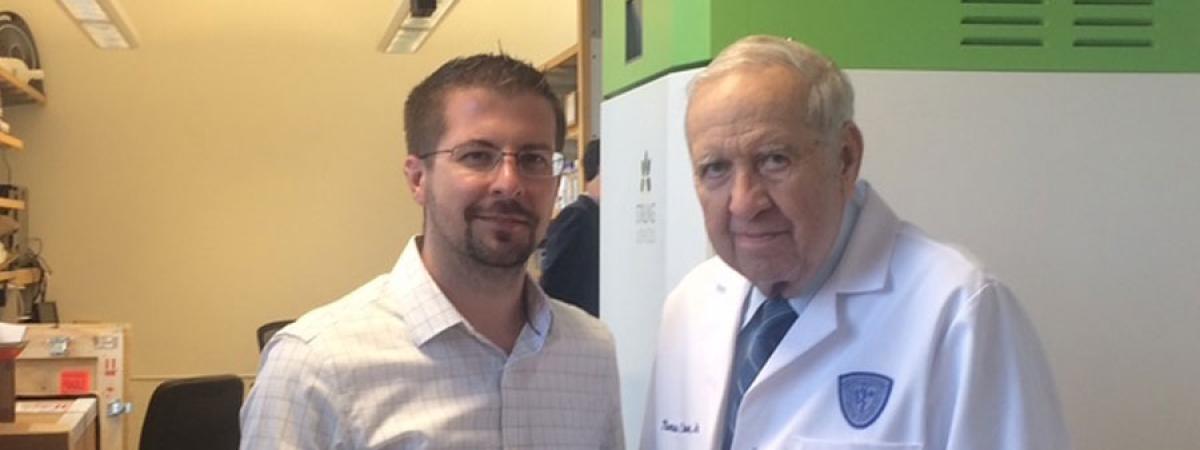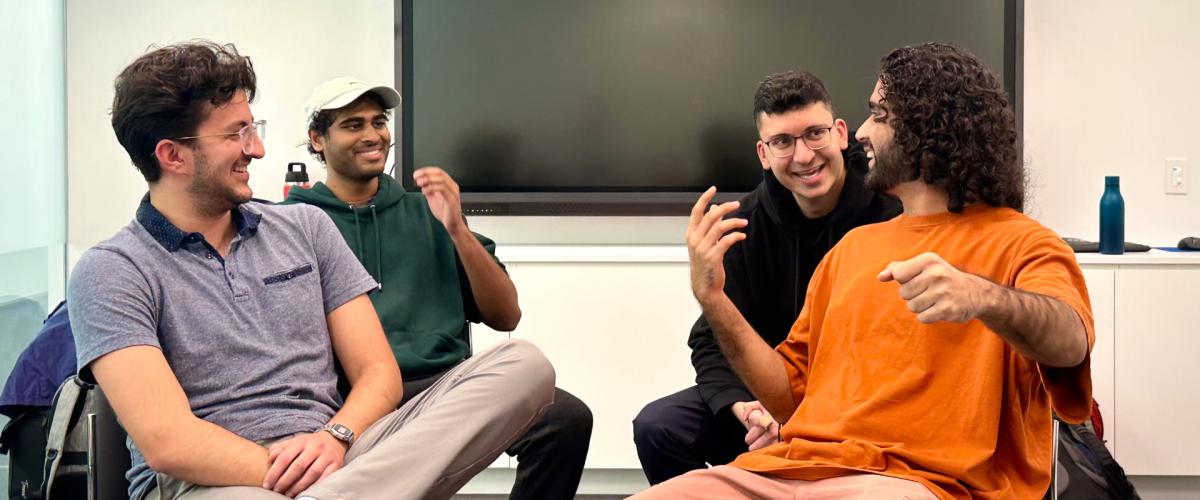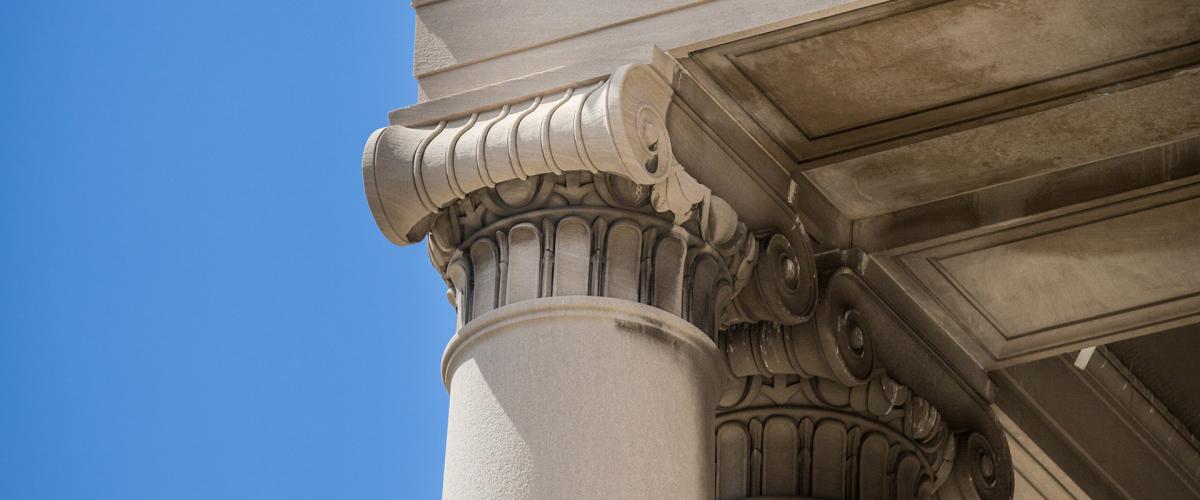
$2.5 million commitment fuels groundbreaking glial science research at Case Western Reserve
A shared passion for conquering multiple sclerosis (MS) brought together a visionary inventor and a leading neurological scientist at Case Western Reserve University. Today, their shared vision is accelerating with a $2.5 million commitment from the Thomas F. Peterson Jr. Charitable Trust to support pioneering research into neurological diseases.
Driven by the personal experience of watching his late wife battle MS, inventor and philanthropist Thomas Peterson connected with CWRU Professor Paul Tesar, PhD (CWR ’03), director of the university’s Institute for Glial Sciences. In the institute, Tesar’s team studies the diverse, essential roles of glial cells, which make up the majority of cells in the brain. These cells can be either damaging or protective, making them ideal targets for treating and preventing devastating neurological diseases like MS.
MS is a debilitating disease in which the immune system attacks the myelin—the protective layer surrounding nerve cells—leading to nerve cell dysfunction and disability. Current treatments primarily slow the inflammatory attacks but do not address myelin loss or nerve-cell death.
The trust’s commitment will bolster Tesar's efforts in identifying new therapeutic strategies to stimulate the brain's own cells to regenerate myelin. The research aims to move beyond treatments that merely slow the disease to those that can actively restore lost function for patients.
"Tom Peterson was a mentor who inspired me to pursue so much uncharted territory in neurological disease research," said Tesar. "I am so grateful for this extraordinary gift that will continue to fuel out-of-the-box discoveries and add to his incredible legacy of scientific innovation."
The commitment honors the legacy of Peterson, who died in 2021, and reflects the dedication of his trust manager, Bob Lustig, JD (ADL '57, LAW '60), who described Peterson as a "renaissance man" whose passion for discovery extended far beyond conventional pursuits.
"In his basement laboratory—a space that would rival any professional research facility—Tom conducted groundbreaking personal research," Lustig said. "He was one of the very early people to come up with the theory, which he proved through data, that changes in the Earth's magnetic atmosphere affect people with MS."
This most recent commitment continues a history of generosity by Peterson during his lifetime and the Peterson Trust, with more than $15 million donated to projects across the university—including support for numerous research funds at the School of Medicine, a professorship in cancer and energy research, and a biomedical scholars fund to support the school's PhD and MD/PhD programs.
“This support validates the Peterson trust’s commitment to innovation in medical research and its focus on disorders of the brain,” said School of Medicine Dean Stan Gerson, MD. “Likewise, the out-of-the-box approaches taken by Dr. Tesar in the Institute for Glial Sciences will propel discoveries forward that will benefit patients very soon.”




